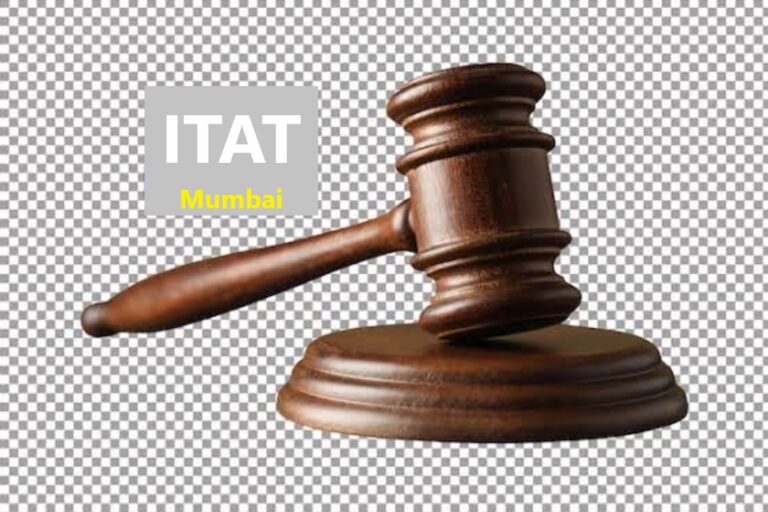ITAT concluded that the AO had failed to record proper satisfaction before issuing the notice under Section 153C of the Income Tax Act.
The Mumbai bench of the Income Tax Appellate Tribunal (ITAT) has nullified an assessment order due to the absence of valid satisfaction recorded before issuing a notice under Section 153C of the Income Tax Act, 1961.
In a recent case involving taxpayer Dilip B Patel vs DCIT [I.T.A No.354/Mum/2012], it was revealed that while a search was conducted, Mr. Patel himself was not the subject of the search. Instead, investigations were carried out at the premises of Shri Vinod Faria & Shri Milan Dalal on 30th May 2008. Allegations arose regarding the discovery of specific incriminating materials related to Mr. Patel from the premises of these investigated individuals.
Subsequently, proceedings were initiated against Mr. Patel under Section 153C of the Act, without the essential satisfaction being recorded as required by the law.
Challenging the assessment order, Mr. Patel filed an appeal to the CIT(A), which unfortunately was dismissed. Unfazed, Mr. Patel then took his case to the ITAT.
During the ITAT’s adjudication, Pavan Ved, representing Mr. Patel, highlighted the crucial point that the assessing officer (AO) had issued the notice without first forming the necessary satisfaction as mandated under Section 153C of the Income Tax Act.
The ITAT took note that the AO had failed to create the “valid satisfaction” required before issuing a notice under Section 153C of the Income Tax Act, rendering the notice and subsequent assessment proceedings invalid.
Ankush Kapoor, the Department representative, upheld the decisions of the lower authorities.
It was observed by the tribunal that the AO, before issuing the notice under Section 153C, had not exercised the jurisdiction granted under the Act by failing to record his “satisfaction” as mandated.
Importantly, Mr. Patel had not been subjected to a search under Section 132 of the Income Tax Act or requisitioned under Section 132. Despite this, the AO proceeded without the necessary valid satisfaction, without citing any incriminating material related to Mr. Patel that was seized or discovered from the premises of the searched individuals.
After careful examination of the arguments presented by both sides, the bench, comprising Aby T. Varkey (Judicial Member) & S Rifuar Rahman (Accountant Member), concluded that the AO had indeed failed to record proper satisfaction before issuing the notice to Mr. Patel under Section 153C of the Income Tax Act.
Consequently, the tribunal ruled that the AO lacked the requisite jurisdiction to issue the notice to the taxpayer under Section 153C of the Income Tax Act.
This decision highlights the significance of adhering to procedural requirements under the Income Tax Act, ensuring that taxpayers’ rights are protected and assessments are conducted lawfully.
In conclusion, the Mumbai ITAT’s ruling emphasizes the importance of complying with legal procedures, especially in cases involving the issuance of notices under Section 153C of the Income Tax Act. Taxpayers can take assurance from this decision that their rights are safeguarded, and assessments must be carried out in accordance with the law.
To Read about the New Regime of Income Tax CLICK HERE
READ MORE
CBDT Notification 2/2024: Clarification on Verification of Income Tax return
Changes from April 1: New Tax Regime, NPS, Mutual Funds and More
